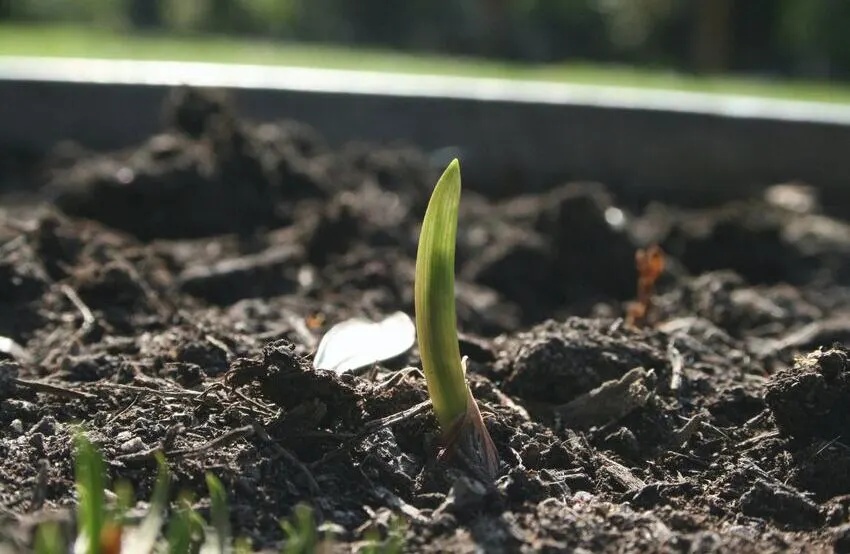- Table of contents
- The path of water through the plant
- How to get lime-free water
The path of water through the plant
Water plays a crucial role in plant development and is essential for plant life. Plants take up water through their roots, which penetrate the soil and absorb water from various sources such as groundwater, tap water or rainwater. It is important to note that water not only provides moisture to the soil, but is also responsible for supplying the plant with nutrients and minerals.
It is important to understand that the path of water through the plant is a complex process, ranging from root uptake to transpiration through the leaves. Water plays a crucial role in photosynthesis and nutrient uptake by the plant and therefore cannot be neglected. By watering properly and using appropriate water, you can ensure that your plants stay healthy and strong
There are methods for measuring water hardness at home. You are probably familiar with test strips. These test strips or special test kits are available in shops. The degree of hardness of water is usually given in German hardness degrees(°dH).
How to get lime-free water
Do you want lime-free water for your plants and your household? Here are two methods to reduce or remove limescale in the water.

Heating water for watering
Heating water is a simple and natural way to rid it of limescale and make it suitable for plants. The water should be heated to at least 60 degrees Celsius to precipitate the limescale. This method is particularly suitable for small amounts of watering water.
Ion exchange to remove lime from water
There are various filters that can be used to remove lime from water and thus decalcify the irrigation water. One example is the so-called ion exchange filter, which softens the water by exchanging calcium and magnesium ions(which make the water hard) for sodium ions.





























